
Top 10 Crypto Venture Capital Funds for Investment in July 2025

Crypto venture capital (VC) is evolving rapidly, driving innovation across Web3, blockchain infrastructure, DeFi, AI, and tokenized assets. As the crypto market matures, venture capital firms that identify and back high-potential projects are shaping the future of finance and technology.
In 2025, savvy investors and founders alike are turning to leading crypto VC funds for capital, connections, and credibility. These firms are not just investors—they’re ecosystem builders.
Here are the 10 best crypto venture capital funds to watch and invest alongside in 2025, whether you’re a retail investor following their portfolio, a founder raising capital, or an institutional player tracking Web3 trends.
1. Token Metrics Ventures

Overview:
Token Metrics Ventures (TMV) stands at the intersection of AI-powered analytics and high-conviction early-stage investing. Leveraging proprietary on-chain data, predictive AI models, and investor-grade metrics, TMV identifies moonshot crypto projects long before they trend.
Why It’s Hot in 2025:
- TMV leverages data from the Token Metrics Research and Trading Platform, giving it an unparalleled edge in scouting high-alpha investments.
- Backed successful early-stage tokens in DePIN, AI, and L2 rollup ecosystems.
- Offers public transparency into portfolio performance through the Token Metrics Index.
Notable Investments:
Our notable investments are, Pixels, Vana, Andrena, Peaq, My Pet Hooligans, 0G Labs and Nillion. You can also add a link to our portfolio page.
Edge:
AI-first investing methodology that rivals traditional research firms, giving TMV a futuristic edge in discovering breakout assets before the herd.
2. Digital Currency Group (DCG)

Overview:
Founded in 2015, DCG is one of the earliest and most influential crypto-focused venture capital firms. DCG is the parent company of Grayscale, Foundry, and formerly CoinDesk.
Why It’s Hot in 2025:
- Despite facing challenges in 2023–2024, DCG has restructured and returned with a sharper focus on Layer 2s, RWA tokenization, and institutional-grade infrastructure.
- Its strategic relationship with Grayscale offers unique exposure to regulated crypto products.
Notable Investments:
Chainalysis, Circle, Fireblocks, and Coinbase (pre-IPO).
Edge:
Massive institutional network and historical pedigree as an early mover.
3. Multicoin Capital

Overview:
Multicoin Capital is a research-driven crypto VC fund focused on long-term bets in token economies, especially around smart contract platforms and DeFi.
Why It’s Hot in 2025:
- Multicoin doubled down on Solana ecosystem plays and modular blockchain infrastructure in 2024–2025.
- Actively invests in open-source middleware, oracle systems, and AI x crypto crossovers.
Notable Investments:
Solana, Helium, Render, and LayerZero.
Edge:
Deep thesis development, frequent publication of detailed investment memos, and contrarian bets that often pay off big.
4. Distributed Global

Overview:
Distributed Global focuses on building out foundational blockchain infrastructure, including scalability, privacy, and cross-chain interoperability.
Why It’s Hot in 2025:
- Quietly involved in powering modular ecosystems like Celestia, EigenLayer, and Appchains.
- Maintains a strong technical team with deep protocol-level insight.
Notable Investments:
StarkWare, zkSync, and Arweave.
Edge:
Strong technical due diligence and early backing of scalable blockchain solutions.
5. Dragonfly Capital

Overview:
Dragonfly Capital is a global venture capital firm that bridges crypto ecosystems between the U.S., Asia, and Europe.
Why It’s Hot in 2025:
- Strong focus on liquidity provisioning, trading infrastructure, and multi-chain development.
- Strong ties with centralized exchanges and DeFi protocols.
Notable Investments:
1inch, Amber Group, MakerDAO, and NEAR Protocol.
Edge:
Cross-border insight and the ability to scale projects globally across diverse regulatory landscapes.
6. YZi Labs (formerly Binance Labs)

Overview:
YZi Labs emerged in 2025 following the spinout and rebranding of Binance Labs. It retains the same DNA: a hyperactive investor in seed-stage Web3 startups with a strategic exchange distribution edge.
Why It’s Hot in 2025:
- Despite regulatory shake-ups, YZi Labs has doubled down on AI x Web3, GameFi, and Real World Assets (RWA).
- Still benefits from exchange-native insight and product-market fit validation via Binance listings.
Notable Investments:
DODO, Dune Analytics, Trust Wallet, and numerous Binance Launchpad tokens.
Edge:
Massive retail distribution power and exchange insights few others can replicate.
7. Coinbase Ventures

Overview:
Coinbase Ventures is the venture capital arm of Coinbase, one of the world’s largest and most regulated crypto exchanges.
Why It’s Hot in 2025:
- Continues to back strategic ecosystem plays that align with Coinbase’s product roadmap and regulatory direction.
- Focuses on identity, compliance tooling, and tokenized securities.
Notable Investments:
OpenSea, Compound, Alchemy, and BlockFi.
Edge:
Strong synergy with Coinbase product launches and listing potential for portfolio companies.
8. NGC Ventures

Overview:
NGC (Neo Global Capital) Ventures is a globally recognized fund based in Asia with a strong track record in infrastructure and protocol-level investments.
Why It’s Hot in 2025:
- Focus on Asia-Pacific blockchain adoption trends.
- Strong interest in DePIN, AI-powered consensus models, and zero-knowledge cryptography.
Notable Investments:
Algorand, Oasis, and Thorchain.
Edge:
Access to emerging Asian markets and strong strategic partnerships with local governments and enterprises.
9. The Spartan Group

Overview:
The Spartan Group is an Asia-based crypto VC and advisory firm, known for high-conviction investments in DeFi and Layer 1 ecosystems.
Why It’s Hot in 2025:
- Expanded its portfolio into permissionless AI tools, modular consensus, and tokenized derivatives.
- Maintains a boutique, high-touch approach to investments.
Notable Investments:
dYdX, Aave, Terra (before the collapse), and Pendle.
Edge:
Highly thesis-driven and nimble with an elite advisory network.
10. Polychain Capital
Overview:
Founded by Olaf Carlson-Wee, Polychain Capital is one of the largest crypto-native VC funds and remains a powerful force in the space.
Why It’s Hot in 2025:
- Polychain continues to double down on privacy-preserving tech, zk rollups, and cross-chain solutions.
- Early investor in bleeding-edge projects in cryptography, AI, and DAOs.
Notable Investments:
Filecoin, Avalanche, Tezos, and Compound.
Edge:
Massive AUM, strong LP network, and deep conviction in crypto’s long-term vision.
Conclusion: How to Leverage These Funds as an Investor
You don’t need to be a millionaire LP to benefit from the research and capital allocation of top crypto venture funds. Here’s how:
- Track their portfolio: Use tools like Token Metrics, CryptoRank, and Messari to follow what these VCs are investing in.
- Mirror their trades: Look for public tokens in their portfolios and evaluate entry points.
- Join their ecosystems: Many funds support incubators and hackathons—ideal for developers and builders.
In 2025, VCs will be the kingmakers of crypto. By following their moves, retail investors can gain a massive edge in identifying the next moonshot projects before they explode.

.svg)

Create Your Free Token Metrics Account

.png)




%201.svg)
%201.svg)


%201.svg)







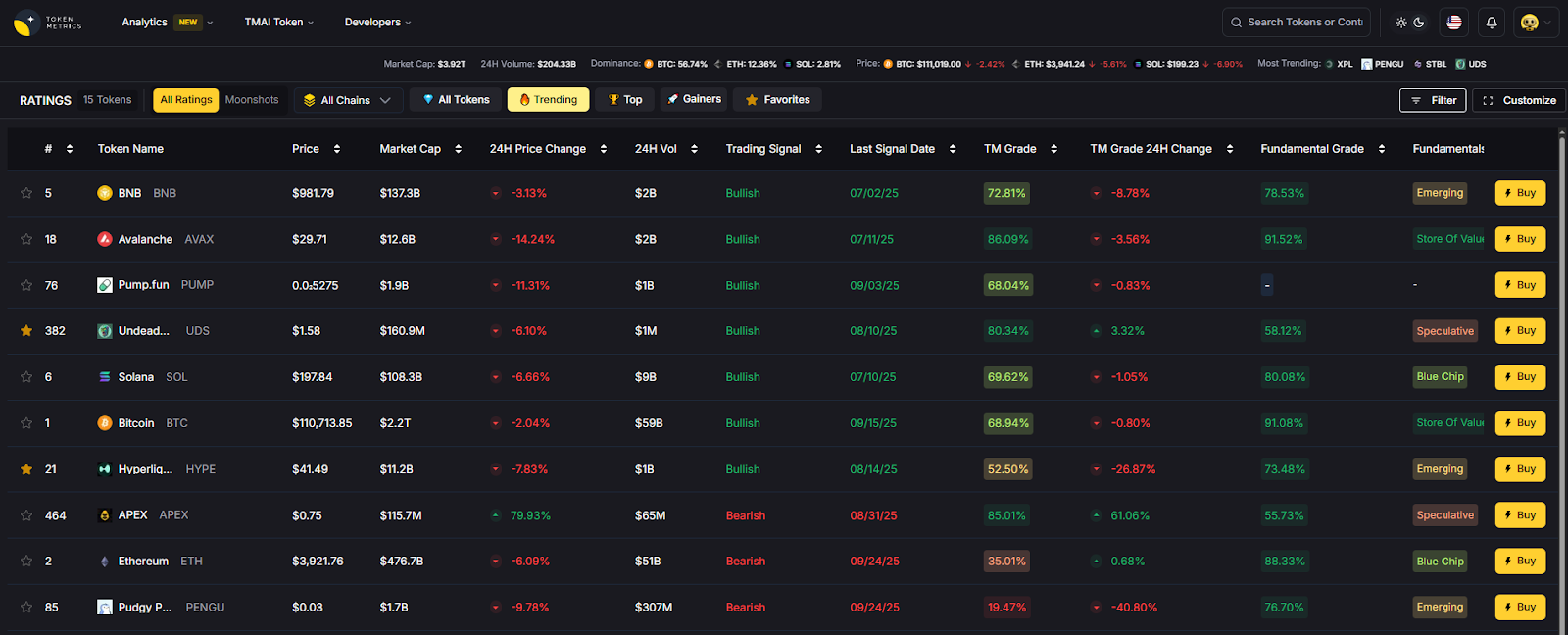
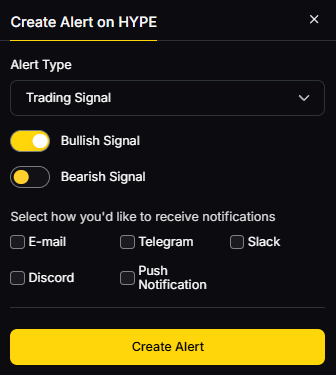

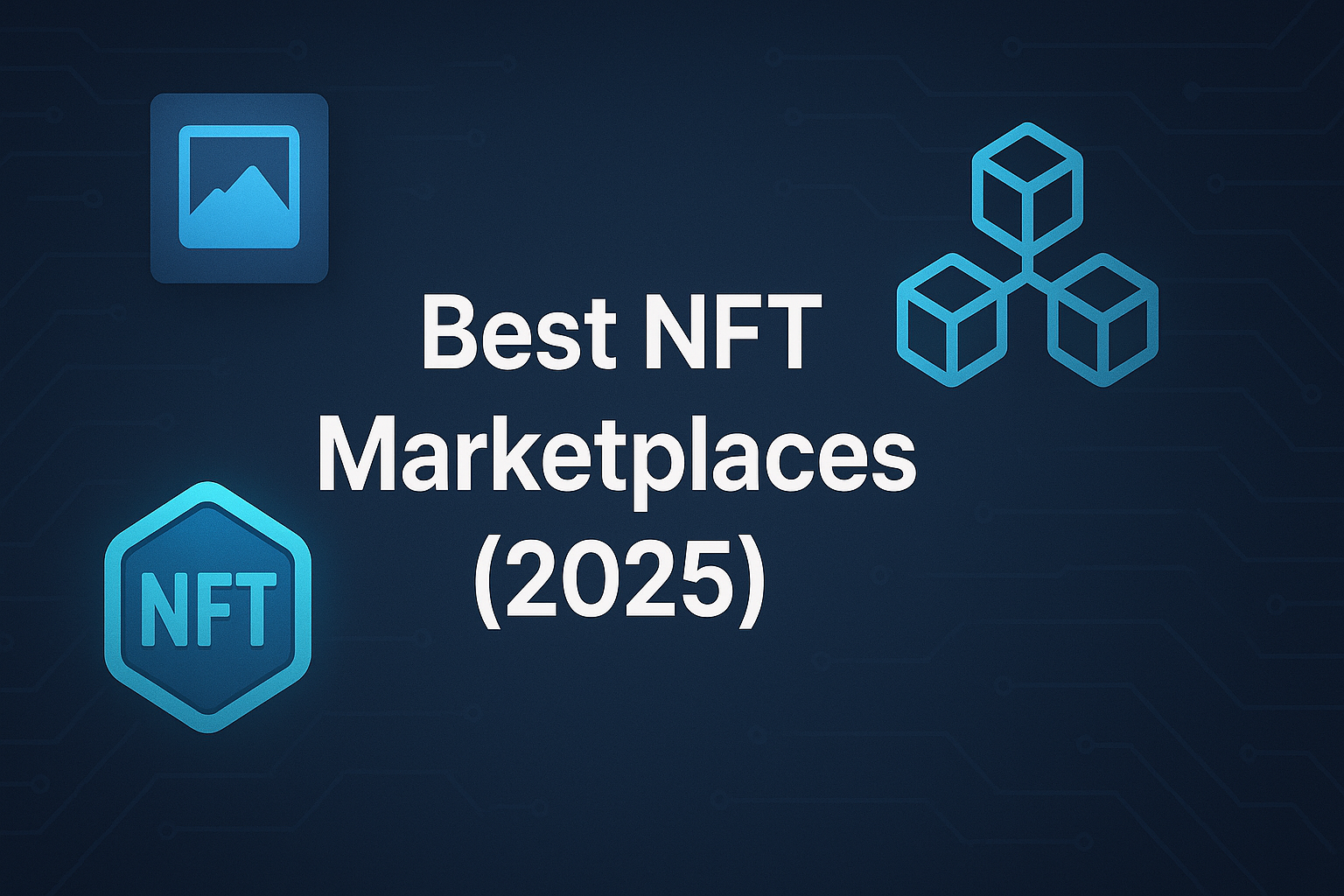
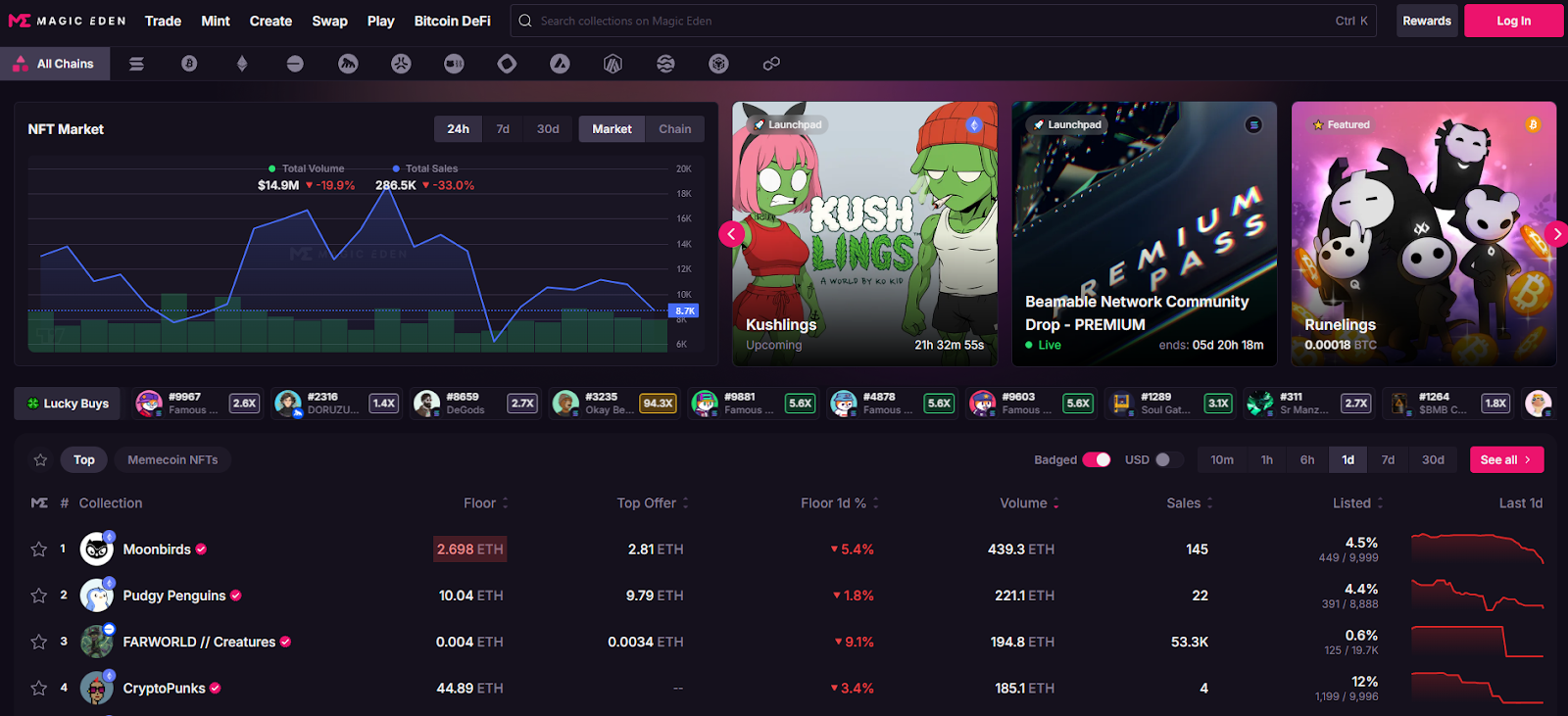

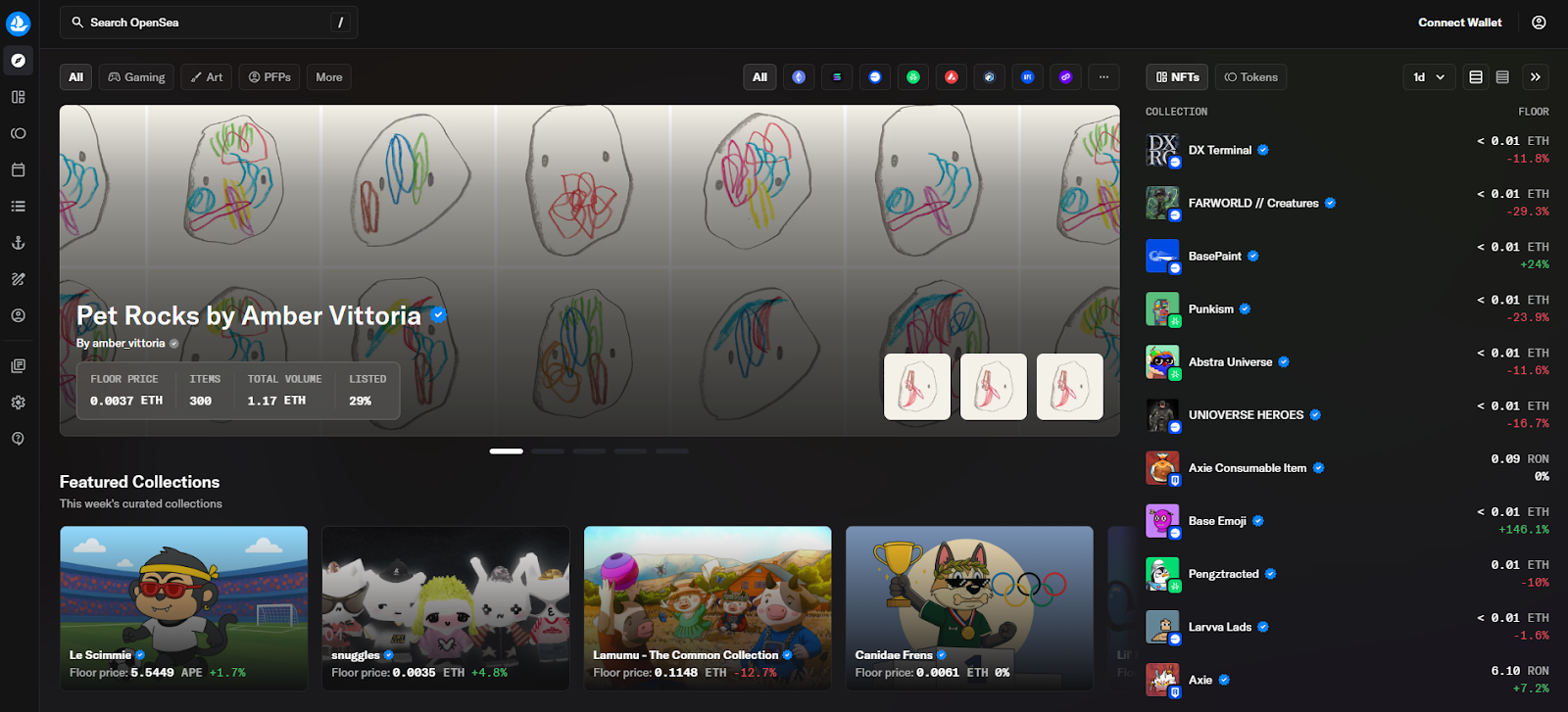
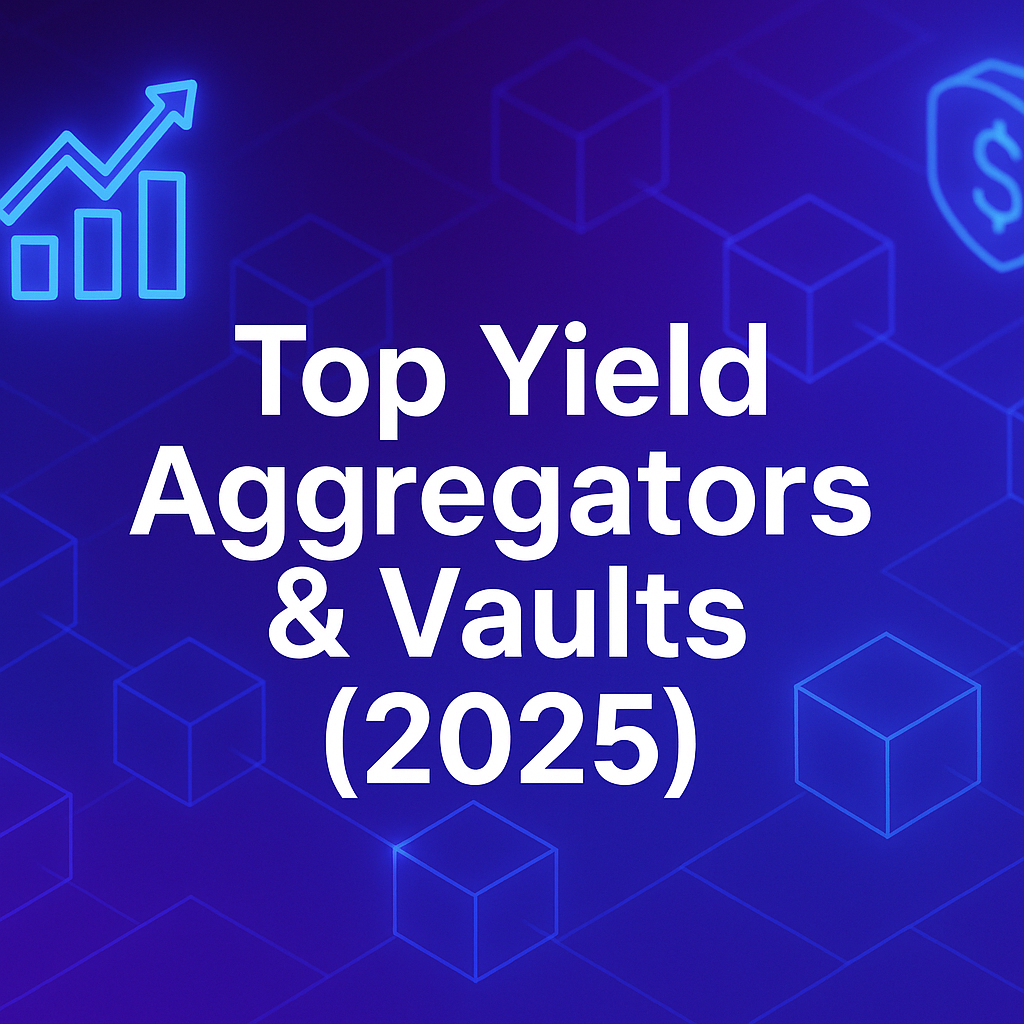
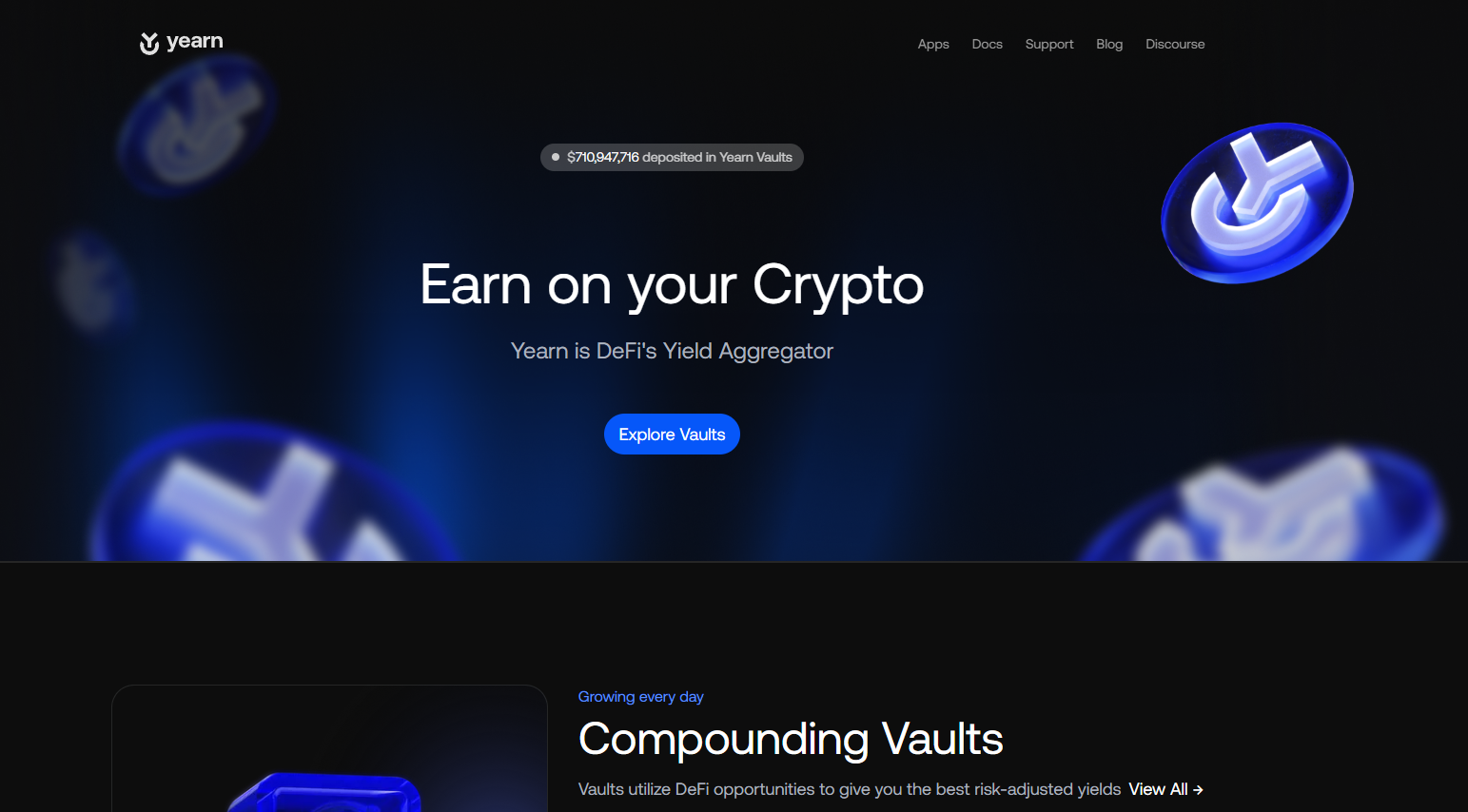
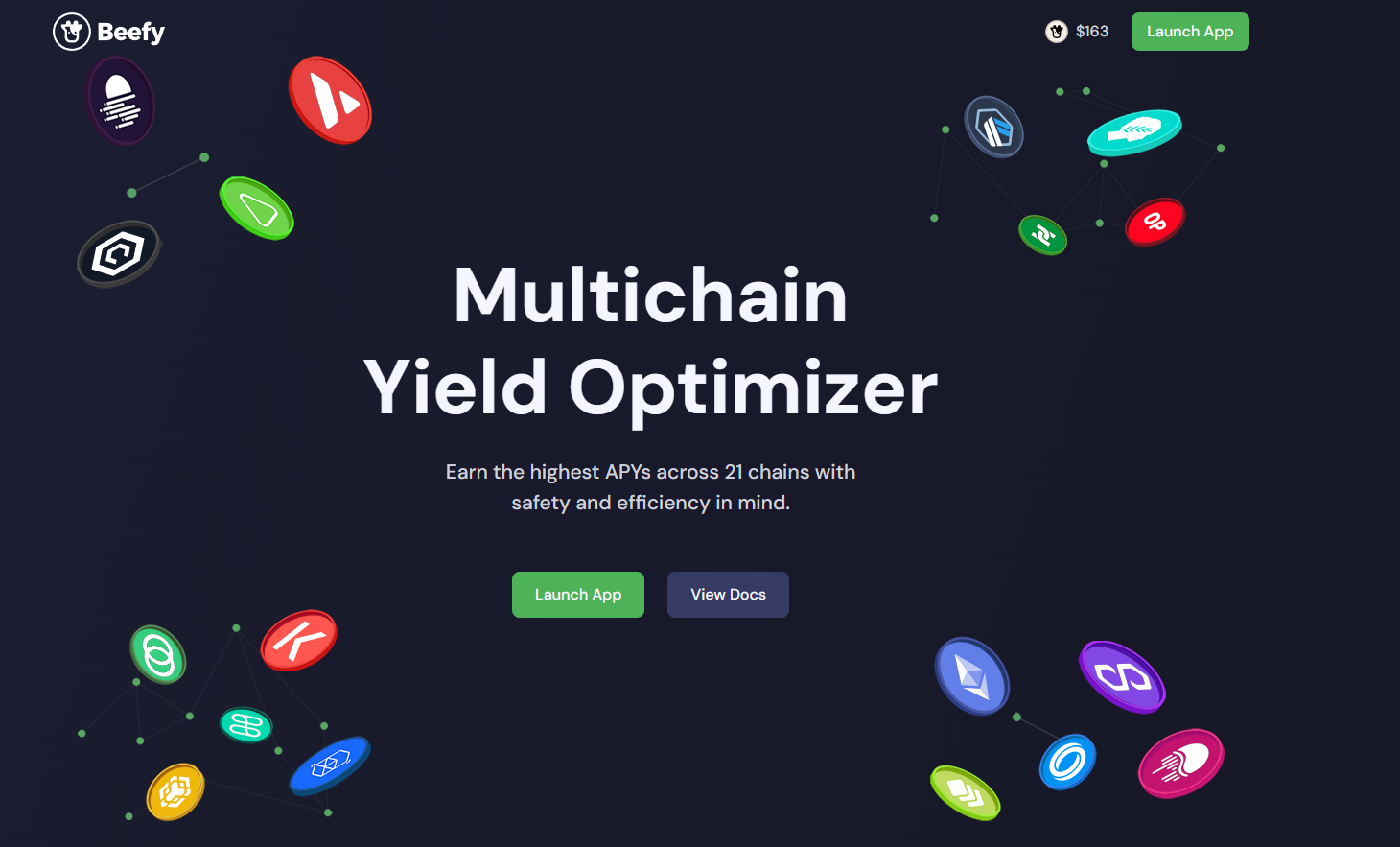
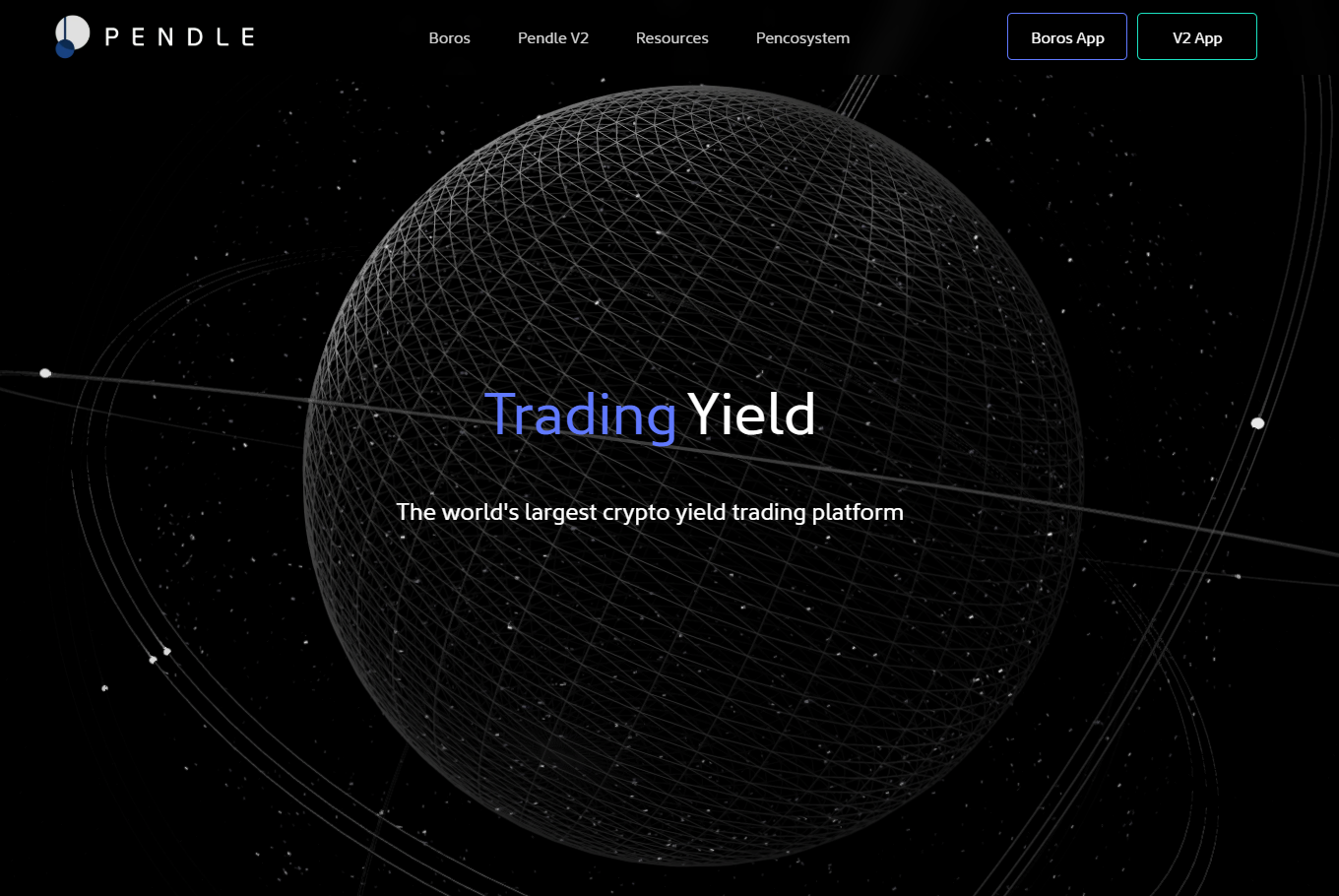



.svg)




.png)